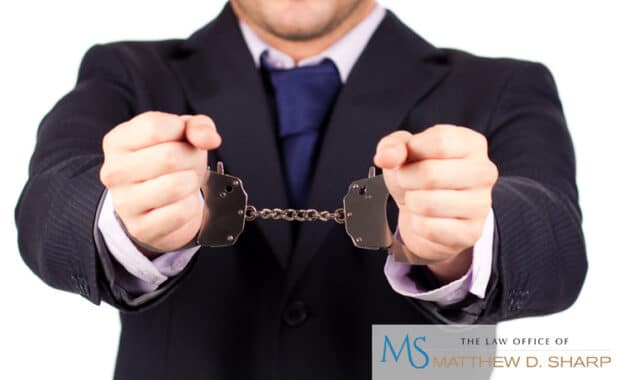In Texas, it is against the law to commit, promote or solicit prostitution. So prostitution – dubbed Houston’s “dirty little secret” by 13 Eyewitness News – tends to gain a lot of headlines.
In 2009, a prostitution ring described as “upscale” was raided by Houston police, who found some 1,500 clients that included some of the city’s prominent athletes, doctors and lawyers. The ringleader, who described herself as the “Heidi Fleiss of Houston,” sent call girls to expensive hotels and luxury apartments.
- In May 2012 when three businesses advertised as massage parlors on FM 1960 were raided by police, nine women were arrested.
- In July 2013, another undercover sting led to the arrest of a Houston woman operating another massage parlor in north Harris County.
- In the sting operations that led to the busts, undercover officers visited the massage parlors and found them distinctly lacking in massage services. In most cases the officers were offered sexual services for a fee. “None of these massage parlors have a license to either operate a massage and neither do the girls,” Harris County Sheriff’s Office Sgt. T. E. Kiser told the media. “These are run by criminal organizations.”
 Because the massage parlors were sited in retail environments like shopping plazas, not only their customers saw the goings-on, but also the other business owners. Some of them said it was always obvious what was transpiring. The manager of a hearing aid store told 13 Eyewitness News, “They come at all hours of the day. They’ll park way over there, drive over here, walk over here. You know what’s going on.”
Because the massage parlors were sited in retail environments like shopping plazas, not only their customers saw the goings-on, but also the other business owners. Some of them said it was always obvious what was transpiring. The manager of a hearing aid store told 13 Eyewitness News, “They come at all hours of the day. They’ll park way over there, drive over here, walk over here. You know what’s going on.”
Back in Business
Even after the sex workers were arrested, the massage parlors were soon back in business. Police are often more interested in seizing the profit-makers from prostitution – the owners of the massage parlors – than they are in the call girls themselves.
But what about the clients of massage parlors, or of prostitutes in general? Are they at risk for arrest in a prostitution sting?
Yes. Patronizing (defined as paying someone for sex) is also illegal in Texas. “This is true even if you are caught merely offering to buy or sell sex,” notes Criminal Defense Lawyer.
Both selling and buying sex are classified as Class B misdemeanors, which carry penalties of up to $2,000, up to 180 days in a county or parish jail, or both.
Few Prostitution Options
If you are caught soliciting a prostitute or a pimp/madam, outside of Texas, you may have some options that supersede a misdemeanor conviction. According to Free Advice, in some states “diversion court” set-up can take into account a person’s personal life challenges, like drug use. In a diversion court, “The defendant is required to report to the court and participate in rehabilitative and life skill type courses. If the person completes the program, then the court will dismiss the solicitation charges outright.”
However, Texas’ diversion courts are typically aimed at first-time offenders in drug cases – the state is much tougher on prostitution and solicitation. In fact, Texas is one of the only states that makes prostitution a felony on the third strike.
However, you do have some options to promote your defense. Common pleas in the defendant’s case include claims that the crime was not committed knowingly, that no money was exchanged, that the defendant was intoxicated at the time and that the defendant was entrapped in a sting operation.
Any or all of these defenses may lessen your charge, or they may not be considered by the court.
Get Legal Help
Prostitution and solicitation charges vary widely depending on the circumstance. Solicitation of a minor, for instance, is an automatic felony charge, which can carry jail time and cause the convicted to register as a sex offender. Buying sex from an adult may be a misdemeanor, fine and/or probation charge, where you may be required to take counseling courses or other programs.
If you have been arrested for soliciting a sex worker in Houston, do not attempt to take on your own case. Your best defense is a proven, experienced attorney ready to work with you to determine the approach to take to the court and present you in the best light possible.
*Image courtesy of Connor Tarter




